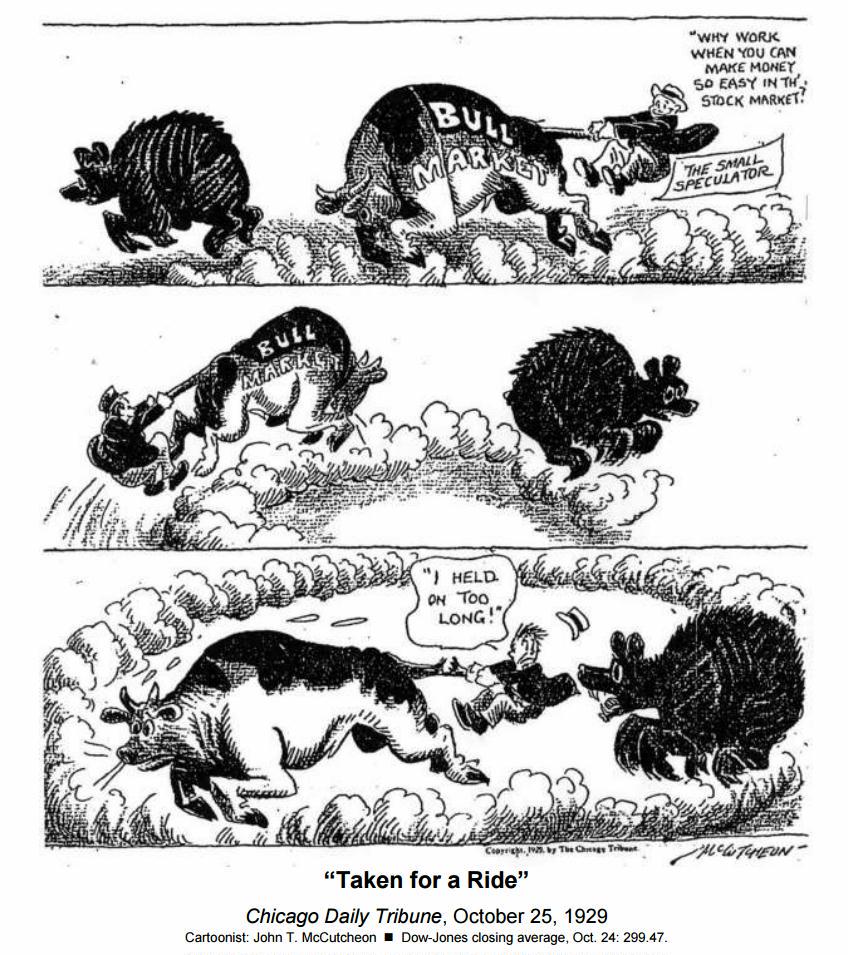Archives of “February 2019” month
rssOpinions
Hope In Trading
10 Trading Skills-Must For Traders
Admitting that you are wrong the moment price action tells you that you are and getting out of a bad trade.
- Being patient and waiting for your entry signal and the patience to let a winning trade go as far aw it wants to before you exit.
- The discipline to trade the same regardless of how you feel at the moment.
- Following a trading plan instead of your ego.
- Trading in the direction of the trend in your time frame.
- The work ethic to do the homework on what works in trading before you put any money at risk.
- The passion to love the game enough to do what you have to do to break through to success.
- To accept your financial losses as tuition and the price of doing business not a blow to your abilities as a trader.
- Listen to those that are far more advanced as traders than you are.
The perseverance to keep trading until you are successful at it not when you just want to quit.
Thought from Peter Brandt
 “The irony is that in real time, I never fully feel like I am trading successfully because I am always aiming for performance that is higher than I am attaining. I am generally my own worst critic and constantly set the bar higher than my last jump. The result is that it is difficult for me to crow about the “successes” of my trading career.
“The irony is that in real time, I never fully feel like I am trading successfully because I am always aiming for performance that is higher than I am attaining. I am generally my own worst critic and constantly set the bar higher than my last jump. The result is that it is difficult for me to crow about the “successes” of my trading career.
But, to the degree I have been consistently successful through the years, I believe it is due to three factors. First, I am obsessed with risk management. I spend more time and mental energy focusing on risk control protocols than on anything else. Managing losses and losing periods is my number one priority. If I can just tread water during the inevitable tough periods, sooner or later I will find myself caught in a favorable tide.
Second, my trading approach is overly simple by design. The result is that I know with as much certainty as is possible with a discretionary approach when there is a trade entry in my program. It does not mean that the trade will be profitable – only that the trade is there.
Third, I have tried to engage market speculation systematically, breaking down the process of trading into every conceivable component. What flows from this is an understanding of what components of trading are controllable and measurable and what components are uncontrollable. By the way, whether the next trade or series of trades will be profitable is not a controllable factor. Once a trader learns this — it is then possible to remove ego from the equation.” – Peter Brandt
This cartoon was 4 days before "Black Tuesday", 1929

See Growth of Amazon vs Walmart in 17 Years

"Human beings have a distorted view of reality that leads them to suffer unnecessarily"

All Traders Must Read & Understand This Quote From George Soros
Two Americas
Income tax day, April 15, 2010, now divides Americans into two almost equal classes: those who pay for the services provided by government and the freeloaders. The percentage of Americans who will pay no federal income taxes at all for 2009 has risen to 47 percent.
That isn’t the worst of it. The bottom 40 percent not only pay no income tax, but the government sends them cash or benefits financed by the taxes dutifully paid by those who do pay income tax.
The outright cash handouts include the Earned Income Tax Credit (EITC), which can amount to as much as $5,657 a year to low-income families. Other financial benefits can include child tax credits, welfare, food stamps, WIC (Women, Infants, Children), housing subsidies, unemployment benefits, Medicaid, S-CHIP and other programs.
This is both a massive transfer of wealth and a soak-the-rich racket. The top 10 percent pay 73 percent of the income taxes collected by the federal government.




 Income tax day, April 15, 2010, now divides Americans into two almost equal classes: those who pay for the services provided by government and the freeloaders. The percentage of Americans who will pay no federal income taxes at all for 2009 has risen to 47 percent.
Income tax day, April 15, 2010, now divides Americans into two almost equal classes: those who pay for the services provided by government and the freeloaders. The percentage of Americans who will pay no federal income taxes at all for 2009 has risen to 47 percent.